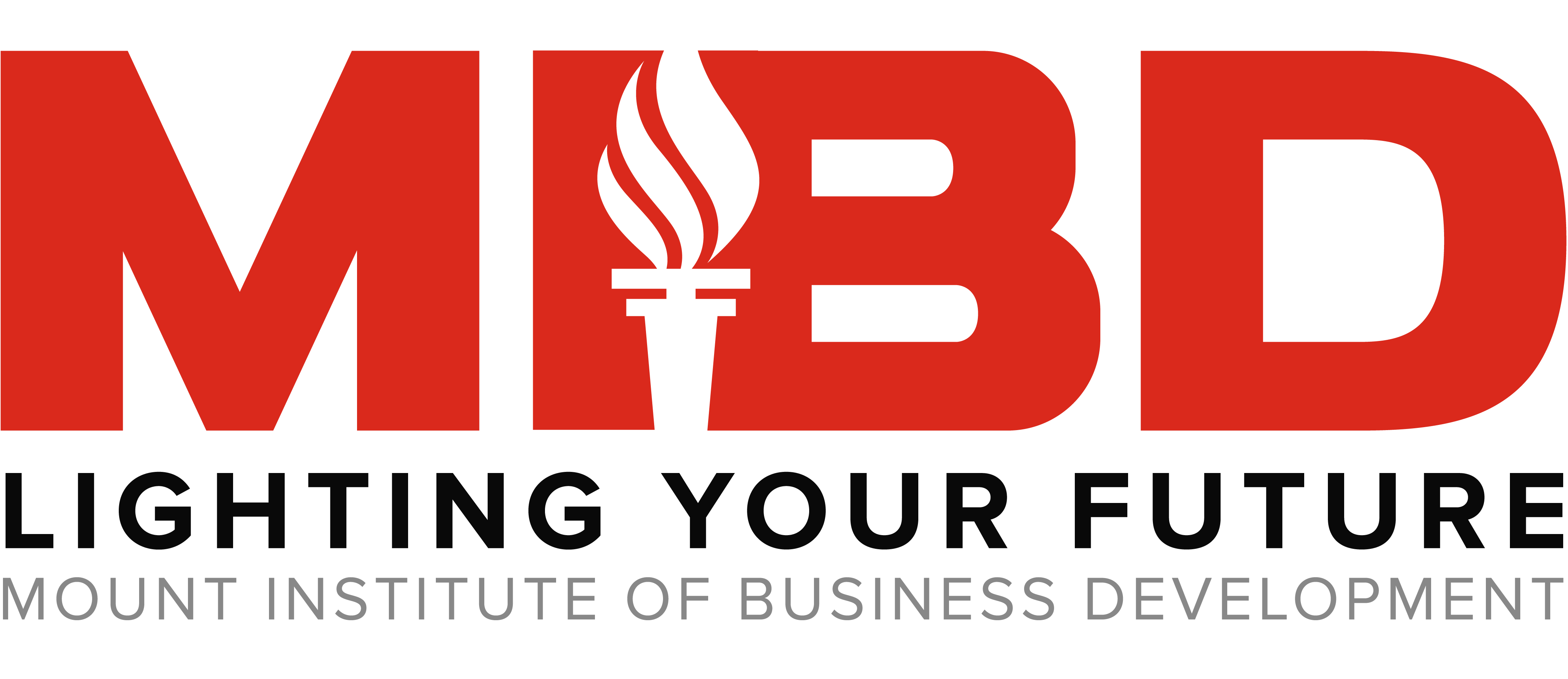Certificate Programmes – Computer Training
In this unit, learners will learn the fundamentals of cyber security, including its historical development, laws and regulations, risk management and the impact it has on individuals and organisations. Learners will also gain knowledge and understanding about cyber security protection methods and how to manage a cyber security attack.
Learning Outcomes
- Understand the fundamentals of cyber security.
- Understand cyber security protection methods
- Understand how to manage a cyber security attack.
The aim of this unit is to develop learners’ awareness of system analysis and design in an organisational context. The unit introduces various techniques used within systems analysis and design and the methodologies used in the system development process.
Learning Outcomes
- Understand the principles of systems analysis and design.
- Understand system design methodologies and modelling.
- Understand human computer interface (HCI).
- Be able to produce a system design using modelling techniques.
The aim of this unit is to provide learners with an understanding of current web and mobile application design technology and the practices and tools used. The learner will learn to create websites or mobile applications to given design specifications.
Learning Outcomes
- Understand web and mobile application design technology.
- Understand website technologies, tools and software used to develop websites.
- Understand multimedia content creation tools and software.
- Be able to create a website or mobile application to fulfil a set of client and user requirements.
The aim of this unit is to give learners an understanding of software development and its evolution as an engineering discipline, and to develop, maintain, and evolve software systems of high quality.
Learning outcomes
- Understand modelling languages and their benefits.
- Explain the benefit of using modelling languages in system design
- Understand the management of software testing using different strategies
- Be able to develop a solution using object-oriented programming.
The aim of this unit is to provide learners with knowledge in database systems development and enable them to develop strong database design and development skills.
Learning Outcomes:
- Understand basic concepts of database systems.
- Be able to design and develop a fully functional relational database system to meet a business need.
- Be able to test database systems and produce required documentation.
The aim of this unit is to develop learners’ skills in managing Information Technology projects to implement systems or change in their organisations. This unit is particularly relevant for middle and senior managers whose responsibilities include the introduction of operational or strategic change in their organisations.
Learning Outcomes:
- Be able to analyse business objectives to determine potential projects.
- Be able to devise a project plan using relevant project management tools and models.
- Be able to manage an IT project.
- Be able to evaluate the project outcomes.
The aim of this unit is to give learners an understanding of how an organisation uses information to design, implement, maintain and manage secure information systems to support its operations. This unit examines how systems can be used to support core business functions and enable organisations to be more productive and competitive within the global marketplace.
Learning Outcomes:
- Understand the information system requirements of organisations.
- Understand the use of an information system to produce management information.
- Be able to develop and implement a management information system for an organisation.
The aim of this unit is to develop learners knowledge and skills in planning, configuring, setting up and managing networks (such as a LAN, PAN, MAN, WAN) as well as build skills in network monitoring, and knowledge of Network Security, network protocols and standards.
Learning Outcomes
- Understand the principles of networking.
- Understand network management protocols and standards.
- Be able to plan, design, setup and configure a network system.
